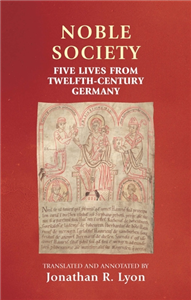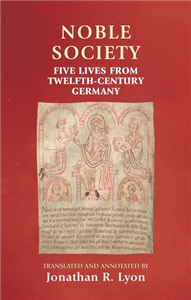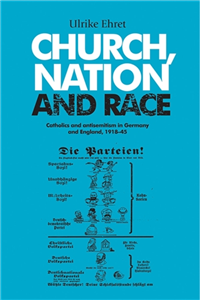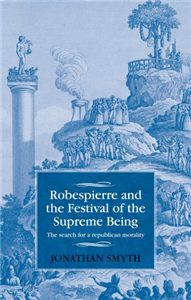Church, nation and race
Catholics and antisemitism in Germany and England, 1918–45
by Ulrike Ehret
Church, nation and race compares the worldviews and factors that promoted or, indeed, opposed antisemitism amongst Catholics in Germany and England after the First World War. As a prequel to books on Hitler, fascism and genocide, the book turns towards ideas and attitudes that preceded and shaped the ideologies of the 1920s and 1940s. Apart from the long tradition of Catholic anti-Jewish prejudices, the book discusses new and old alternatives to European modernity offered by Catholics in Germany and England. This book is a political history of ideas that introduces Catholic views of modern society, race, nation and the 'Jewish question'. It shows to what extent these views were able to inform political and social activity. Church, nation and race will interest academics and students of antisemitism, European history, German and British history.























